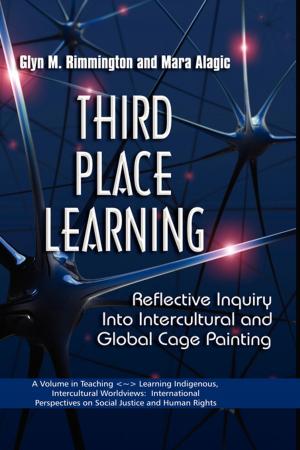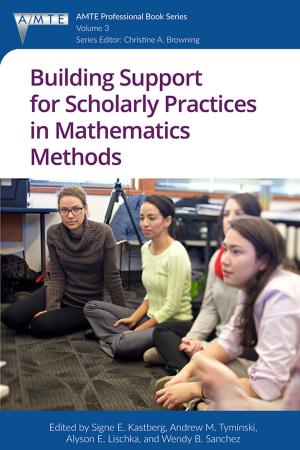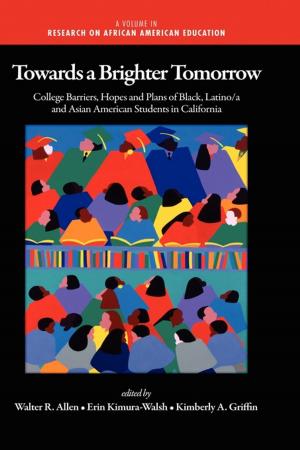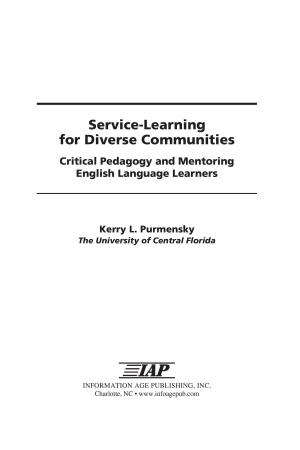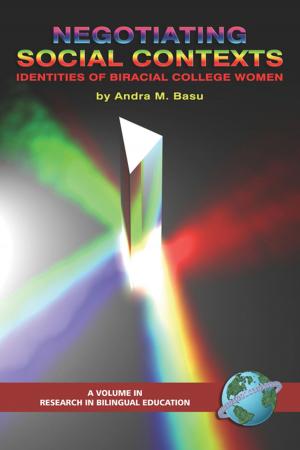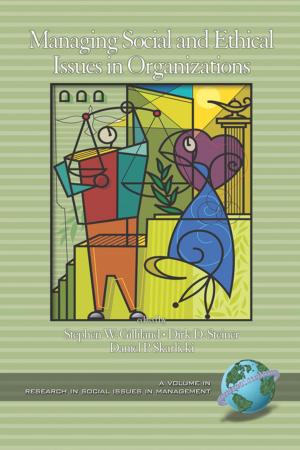The Method of Imagination
Nonfiction, Health & Well Being, Psychology, Research, Creative Ability, Social & Cultural Studies, Social Science, Anthropology| Author: | ISBN: | 9781641134736 | |
| Publisher: | Information Age Publishing | Publication: | December 1, 2018 |
| Imprint: | Information Age Publishing | Language: | English |
| Author: | |
| ISBN: | 9781641134736 |
| Publisher: | Information Age Publishing |
| Publication: | December 1, 2018 |
| Imprint: | Information Age Publishing |
| Language: | English |
Though many psychological theories refer to imagination as a relevant phenomena, we still lack knowledge about imaginative processes. The book “The Method of Imagination” is aimed at expanding the knowledge about imaginative processes as higher mental function, by starting from the empirical and phenomenological studies. The volume is an innovative multidisciplinary exploration in the study of imaginative processes as complex phenomena. It covers a wide range of fields, from psychology to sociology, from art and design to marketing and education. The book gathers young and experienced scholars from 6 different countries worldwide, providing a fresh look into the theoretical, methodological and applicative aspects of imagination studies. The audience for this book includes scholars and students in social and human sciences interested in the study and the use of imaginative processes. The volume can be also used as textbook/integrative reading in undergrad and master courses.
Though many psychological theories refer to imagination as a relevant phenomena, we still lack knowledge about imaginative processes. The book “The Method of Imagination” is aimed at expanding the knowledge about imaginative processes as higher mental function, by starting from the empirical and phenomenological studies. The volume is an innovative multidisciplinary exploration in the study of imaginative processes as complex phenomena. It covers a wide range of fields, from psychology to sociology, from art and design to marketing and education. The book gathers young and experienced scholars from 6 different countries worldwide, providing a fresh look into the theoretical, methodological and applicative aspects of imagination studies. The audience for this book includes scholars and students in social and human sciences interested in the study and the use of imaginative processes. The volume can be also used as textbook/integrative reading in undergrad and master courses.

